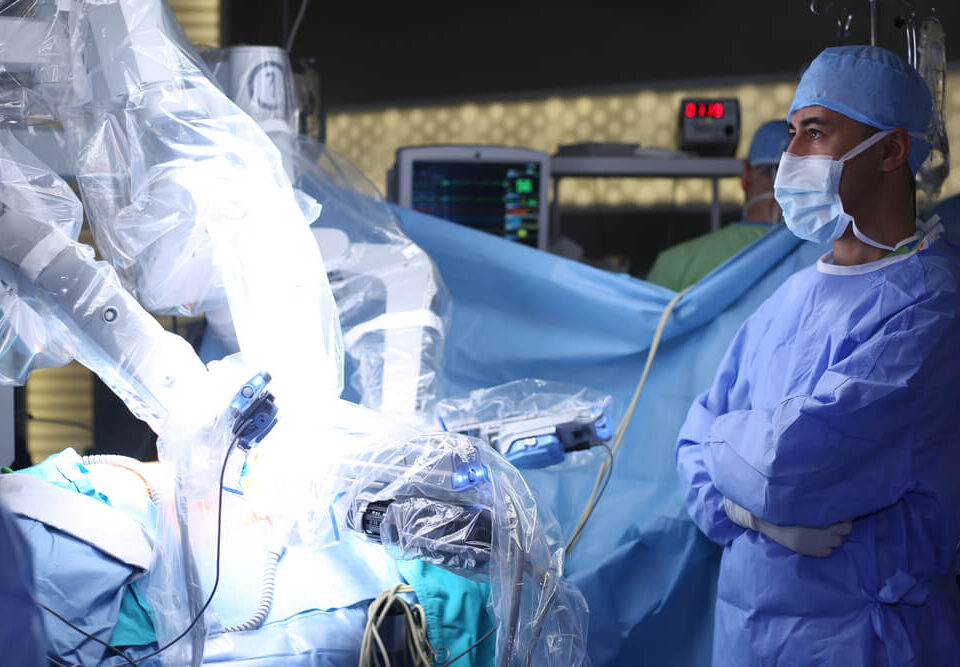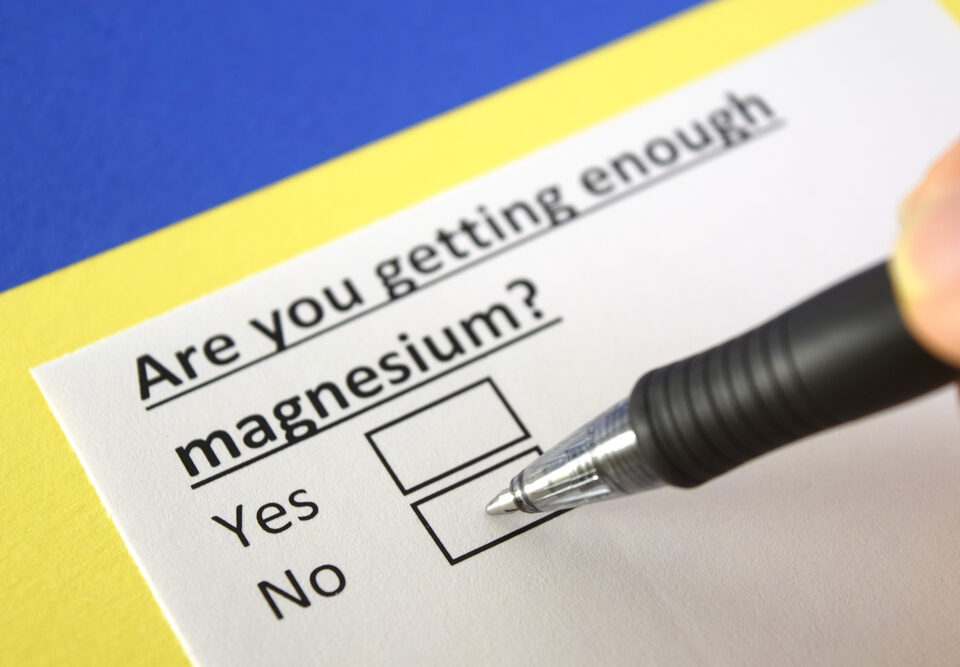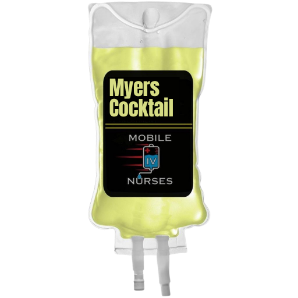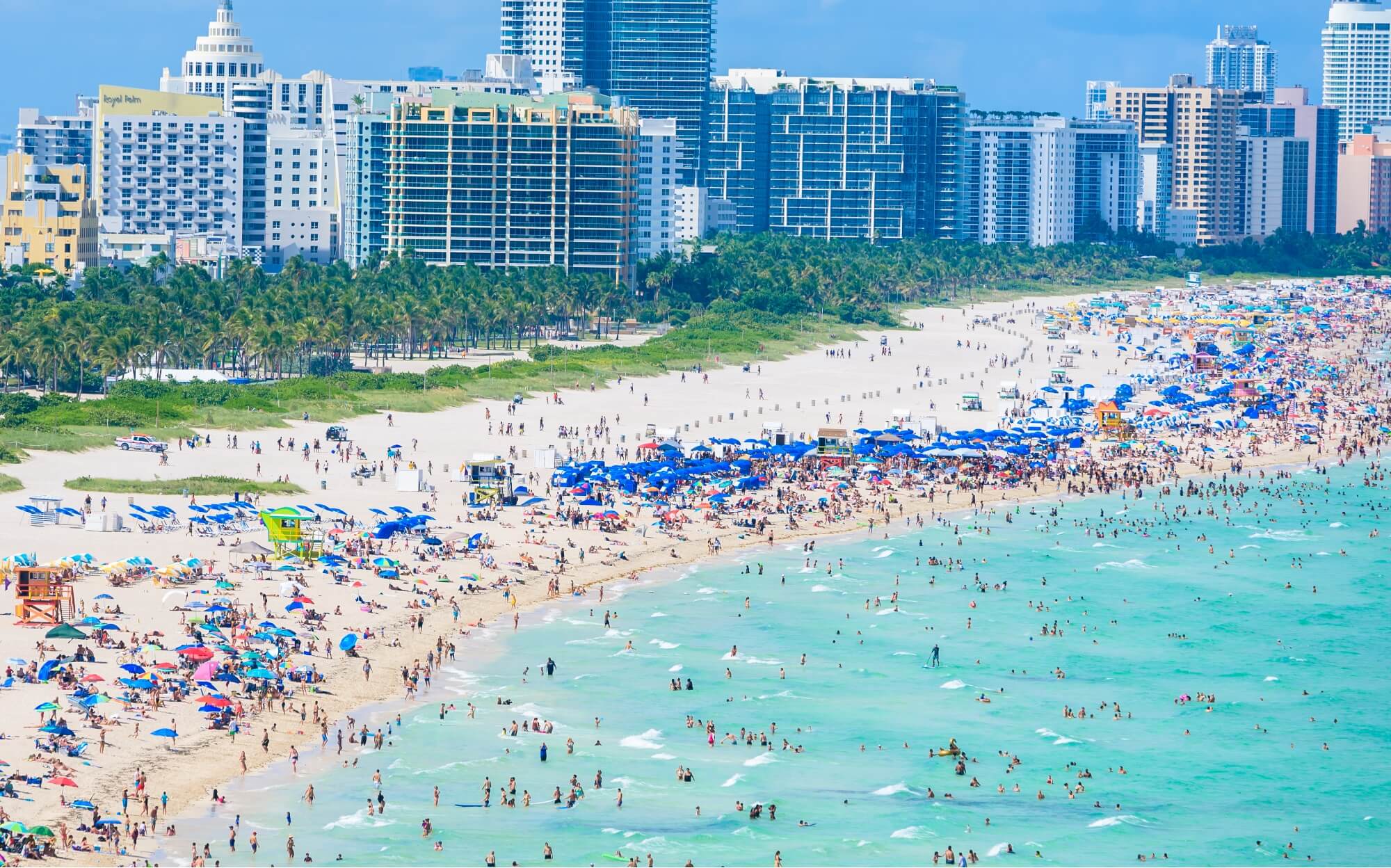
Ingredients in our IV Drip Treatments
July 28, 2021
Give Your Wellness a Shot with MIC B12
December 8, 2021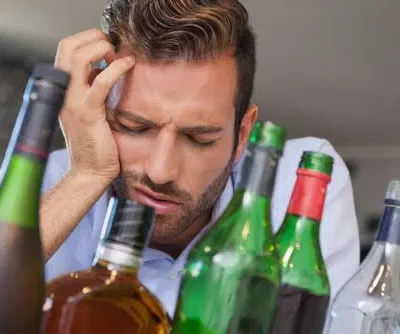
When you go out on the town, you want to have a good time. But drinking too much can make your memories fuzzy, and the only thing you’ll remember about your night out is your morning after. A hangover can knock you out flat, with sluggishness, nausea, a pounding headache, or several other symptoms.
It’s important to find speedy relief for your hangover to feel better and get back to your normal routine. Learning how to get rid of a hangover is helpful information to have so you’re not stuck in bed all day suffering until the effects wear off.
Hangover Symptoms and Causes
You probably know that too much alcohol is the culprit behind hangovers. But how much is too much? Well, that depends on several factors, such as your body composition, gender, and medication usage, among others. Alcohol’s effect is different for everyone. Too many drinks for one person may not pose a problem for someone else.
But why does alcohol have such a punishing effect on the body? There are several reasons:
Drinking dehydrates the body.
Alcohol acts as a diuretic, which makes you urinate more frequently. You’ll become dehydrated if your body loses too much fluid without replenishing it. Dehydration causes many of the same symptoms as a hangover, such as nausea, head and muscle pain, and fatigue. This diuretic effect is thought to be stronger with beverages that are higher in alcohol content, so you may get dehydrated more quickly if you’re drinking hard liquor compared to a light beer.
Alcohol affects your cardiovascular system.
Overconsumption raises your blood pressure, and that can be problematic if you already have high blood pressure. Alcohol also dilates your blood vessels, so more blood is pumping through them, and that can cause a hangover’s splitting headache.
Your stomach can’t handle too much alcohol.
Drinking too much in a short period of time triggers an elevated production of stomach acid. The lining of your stomach gets irritated, and those two factors make you nauseous.
Alcohol impairs brain function.
Alcohol acts as a sedative. After an initial burst of exuberance or euphoria, alcohol will make you drowsy, and you may not be able to think clearly. However, this sedation doesn’t last long. Hours later, you may find yourself hyperalert, the result of an alcohol-induced increase of the stress hormone epinephrine. This can interrupt sleep and make you feel fatigued and foggy. Alcohol can also activate your immune system, leading to inflammation that causes cognitive issues such as memory loss or lack of focus.
Your blood sugar levels drop.
Alcohol prevents your liver from stabilizing blood sugar levels. Too much alcohol results in low levels, and that’s exacerbated if you’re not eating enough while you’re drinking. You’ll be at risk for mood swings, fatigue, or lightheadedness.
Be Alert for Hangover Symptoms
You may experience any combination of the following symptoms after drinking too much alcohol:
- Intense headache
- Nausea or vomiting
- Muscle aches and pains
- Fatigue
- Thirst
- Dizziness or weakness
- Light and noise sensitivity
- Irritability, anxiety, or other mood-related problems
- Racing heartbeat
Serious symptoms that require immediate medical attention include:
- Low body temperature
- Slow or irregular breathing
- Unconsciousness
- Seizures
- Skin that appears bluish or too pale
Got Symptoms? Here’s How to Treat a Hangover
Most people have a hangover “treat” that’s not based on science as much as myth, like eating a greasy meal in the morning or even drinking more alcohol. Here are some more effective ways to find hangover relief.
Replenish your body’s missing fluids and nutrients.
Water or sports drinks help quench thirst and alleviate dehydration. You can find more potent rehydration with an IV designed to help with hangover recovery. A Myers’ Cocktail, for instance, replaces vitamins, minerals, and electrolytes the body needs to re-energize and ease hangover symptoms.
Take a pain reliever.
Soothe your aching body with over-the-counter medication. The best choices are ibuprofen, aspirin, and naproxen. (Avoid acetaminophen, which can cause issues with your liver when you’ve been drinking.)
Eat easy-on-the-stomach food.
You’ll want to raise those low blood sugar levels to ease your physical and emotional symptoms related to hangovers. Focus on bland foods that won’t upset a nauseous stomach, such as applesauce, toast, or a banana. Ginger tea or hard candies can also help food go down easier by settling your stomach.
Get some rest.
Your body needs a rest after a night of overdoing it. Give yourself time to sleep after getting an IV, eating, or taking pain medication. You can wake up feeling refreshed and recharged.
Hangover Prevention
The best treatment for a hangover is not to have a hangover. Keep these strategies in mind before you go out:
Make a plan.
Set a goal to consume alcohol in moderation: That’s one drink a day for women and two for men, according to the U.S. Department of Health and Human Services. It also helps to choose beverages with lower alcohol content. And keep an eye on your consumption of dark-colored drinks—they contain congeners, substances that raise your hangover risk.
Drink plenty of water.
Limiting alcohol doesn’t mean you can’t drink with your friends. Stay hydrated with water throughout the night. You can even make it fancy by asking the bartender for soda water with a twist of lime or lemon.
Don’t forget to eat.
Keep blood sugar levels elevated with some bar snacks or apps to graze on throughout the night.
How to Treat a Hangover with Mobile IV Nurses
We offer rapid hangover symptom relief with mobile IV therapy. We save you the trip to a clinic for treatment (which is hard to handle with a hangover) and administer IVs in the comfort of your home or hotel room. With affordable pricing packages and multiple locations, Mobile IV Nurses is the best choice to take the sting out of a hangover. Contact us to feel better fast.
FAQs
What kills a hangover?
The good news is that a hangover is unlikely to kill you. Drinking excessive amounts of alcohol in a short period, however, can lead to alcohol poisoning. While that can prove fatal, ordinary hangovers simply make you feel like you want to die.
How to cure a hangover? Hydration is the key. Alcohol suppresses vasopressin, an antidiuretic. That means an increase in urination, further depleting your body of fluids. Diarrhea may also hit, exacerbating the fluid loss. So what’s the solution? Replacing those fluids as soon as possible can make you feel like yourself again.
How do I stop feeling sick from a hangover?
Hangover symptoms range from nausea, vomiting, weakness, light and sound sensitivity, the infamous hangover headache, and much more. You inevitably ask yourself, “Why did I drink so much?”
Time is the best hangover cure. You can make yourself feel better by drinking lots of water, resting, and taking a pain reliever such as ibuprofen or naproxen. How long does a hangover last? The good news is that most people feel fine after about 24 hours. Mild symptoms, such as fatigue, may last a day or two longer.
However, IV treatments, to which you can add ingredients, are among the most effective hangover cures.
Is it better to throw up when hungover?
You usually can’t control whether or not you’ll throw up after a hangover. While you will probably feel better after throwing up, as the body rids itself of toxins, it’s not a good idea to make yourself throw up on purpose.
Risk factors of forced vomiting include lung aspiration, in which reflux may cause gastric fluids to go back down the trachea and into the lungs. Additionally, aspiration pneumonia is a possibility. Vomiting by itself can result in further dehydration, and the body cannot function properly without sufficient fluids. That’s where IV treatments can prove so critical — when fluid replenishment is needed, and it can be delivered quickly.
Do showers help hangovers?
Cold showers can relieve some hangover symptoms (at least temporarily) because a cold shower increases your heart rate and boosts circulation, which helps the body eliminate alcohol-related toxins more quickly. The stimulation from a shower can perk you up. Also, feeling cleaner after drinking a lot can help boost your mood, which may put a damper on your hangover.
Contact Us
Wake up with a hangover? Start feeling better again fast by booking an appointment with Mobile IV Nurses today

Experience the Convenience of At-Home IV Therapy with Mobile IV Nurses
Hydration & Wellness
Professional Care
Convenient Service


